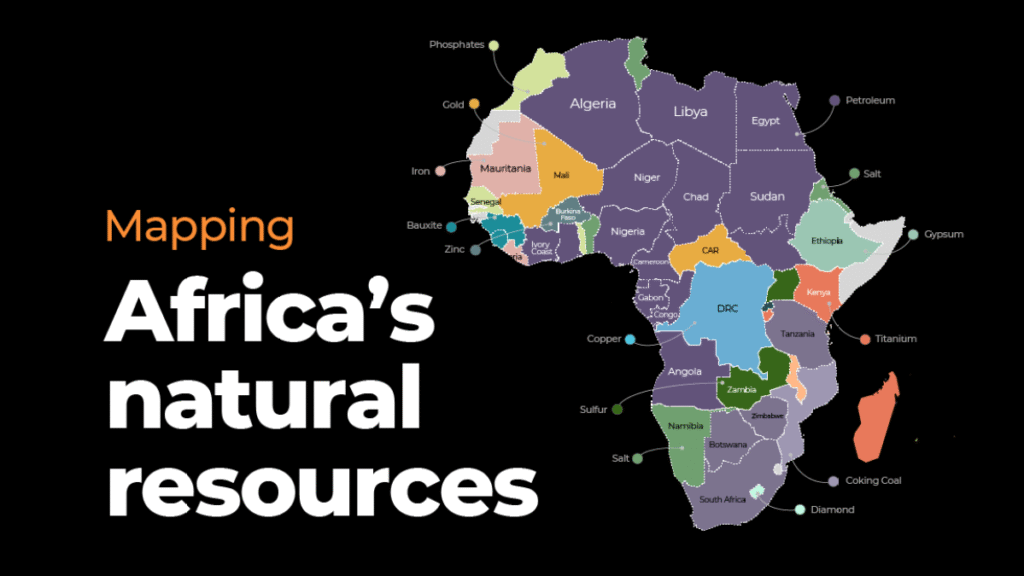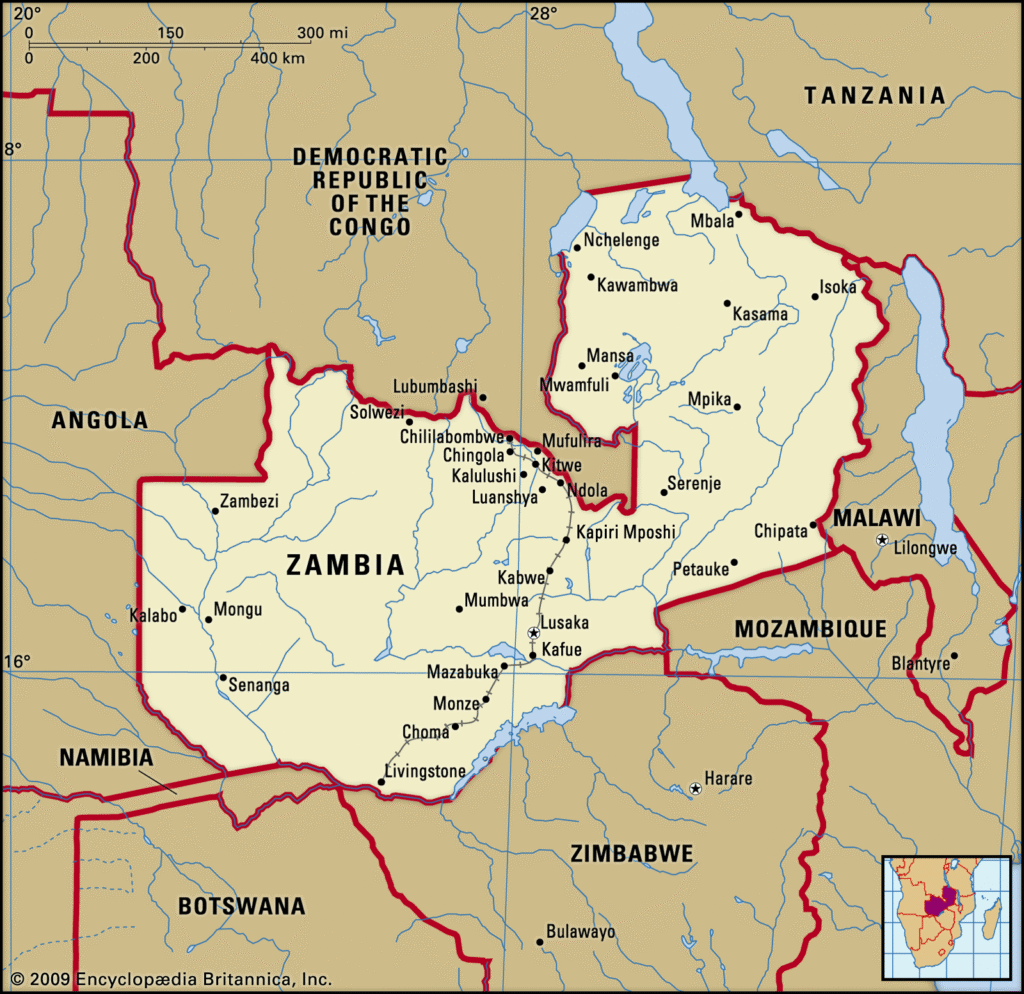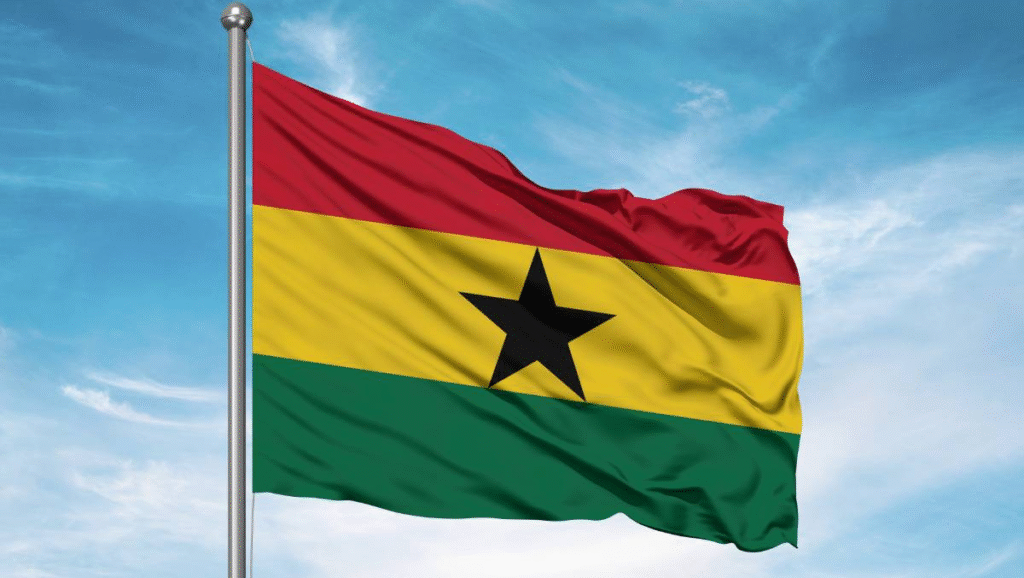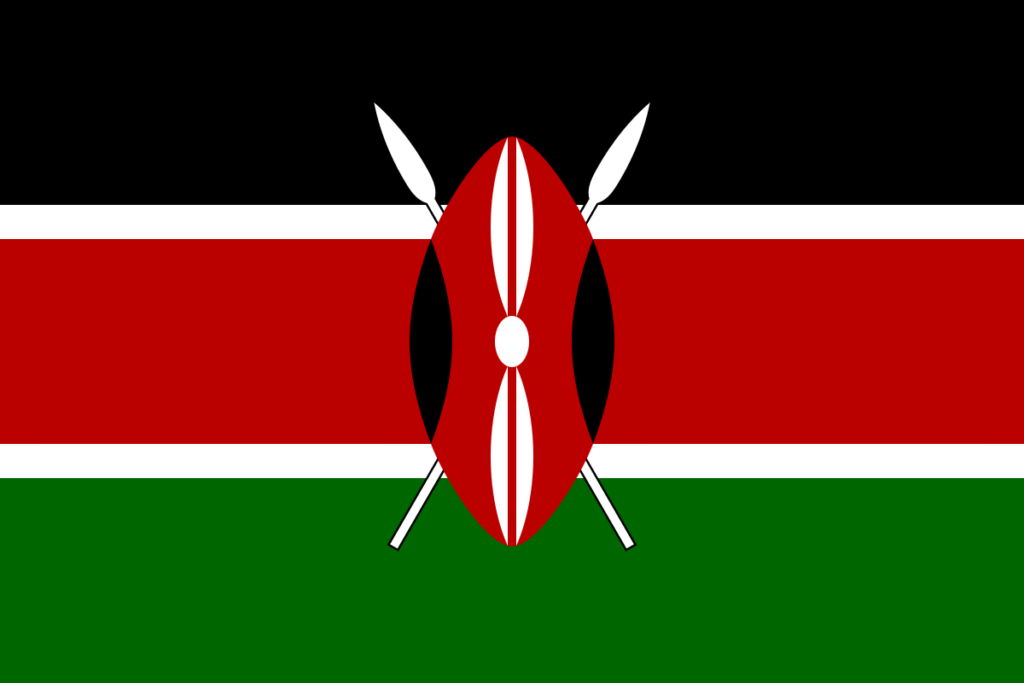Africa Mining License Cost

Obtaining a mining license in Africa is a critical step for any company or individual looking to explore and extract mineral resources. The cost of a mining license varies significantly across African countries due to differences in regulatory frameworks , government policies , and mineral types . Understanding these costs is essential for investors, entrepreneurs, and local communities involved in the mining sector.
What Is a Mining License?
A mining license grants the holder the legal right to explore, develop, and extract minerals from a specific area. It is typically issued by the national government or a designated regulatory body, such as a Ministry of Mines or Department of Mineral Resources .
Factors That Influence Mining License Costs
Several factors determine the cost of a mining license in Africa :
- Type of Mineral : Some minerals (like gold, platinum, and diamonds) may have higher regulatory and licensing fees.
- Location and Accessibility : Remote areas may require additional costs for environmental assessments or community consultations.
- Government Policies : Some countries offer incentives for local participation or sustainable mining.
- Exploration vs. Production Licenses : Exploration licenses are generally cheaper than production licenses.
- Environmental and Social Impact Assessments (ESIA) : These can add significant costs, especially for large-scale projects.

Country-Specific Mining License Costs
Here’s an overview of mining license costs in some African countries :
1. South Africa
- Exploration License : R10,000–R50,000 (approx. $600–$3,000)
- Production License : Higher fees based on project size and type
- Additional Costs : Environmental assessments, community engagement, and compliance with the Mineral Resources and Petroleum Development Act (2004)

2. Zambia
- Exploration License : ZMK 500,000–1 million (approx. $25,000–$50,000)
- Mining Right : Varies by mine size and mineral type
- Regulator : Zambia Mining Development Corporation (ZMDC)

3. Ghana
- Exploration License : GH¢10,000–GH¢50,000 (approx. $1,000–$5,000)
- Mining License : Higher costs depending on the scale and type of operation
- Regulator : Ghana Geological Survey Department (GGSD)

4. Tanzania
- Exploration License : TZS 5 million–10 million (approx. $2,000–$4,000)
- Mining Permit : Additional fees based on the type of mineral and location
- Regulator : Tanzania Minerals Development Corporation (TAMIDECO)

5. Kenya
- Exploration License : KES 500,000–1 million (approx. $4,000–$8,000)
- Production License : Higher fees and more extensive documentation required
- Regulator : Kenya Geology and Mining Act

Additional Costs Beyond the License Fee
In addition to the license fee , mining companies must also account for:
- Environmental Impact Assessments (EIA)
- Community Engagement and Compensation
- Legal and Administrative Fees
- Insurance and Security Costs
- Infrastructure Development
These additional costs can significantly increase the total investment required to start a mining operation.

Challenges in Licensing
While many African governments have made efforts to improve transparency and reduce bureaucratic hurdles, challenges still exist:
- Corruption and Bureaucracy : In some cases, high fees and unclear procedures can deter investment.
- Lack of Access to Information : Small-scale miners and local communities may find it difficult to navigate the licensing process.
- Compliance Requirements : Meeting environmental and social standards can be costly and time-consuming.
FAQs
Q: How much does a mining license cost in Africa?
A: The cost varies by country, but exploration licenses typically range from a few thousand to tens of thousands of dollars.
Q: Are there differences between exploration and production licenses?
A: Yes, production licenses are generally more expensive and require more extensive documentation and compliance.
Q: Can I get a mining license without paying high fees?
A: While some countries offer incentives or reduced fees for local or small-scale miners, most require standard licensing payments.
Q: What other costs should I consider besides the license fee?
A: Environmental assessments, community engagement, legal fees, and infrastructure development are all important additional costs.
Q: Do all African countries charge similar mining license fees?
A: No, fees vary widely depending on the country’s regulations, the type of mineral, and the scale of the project.

